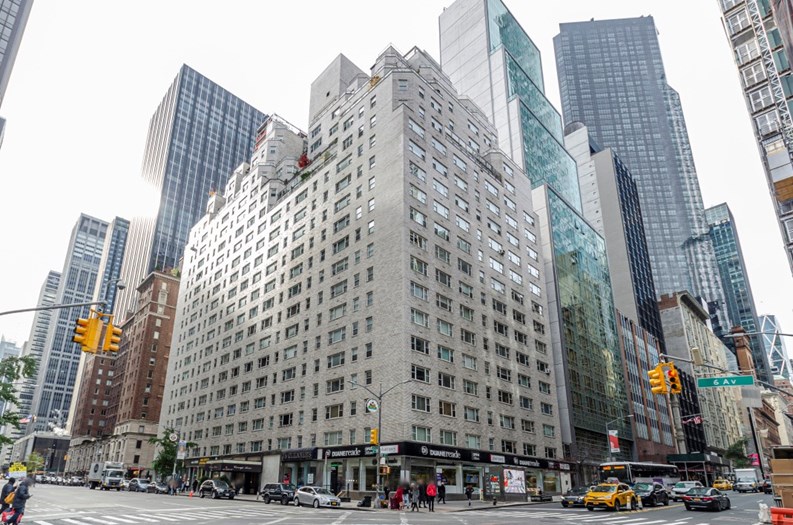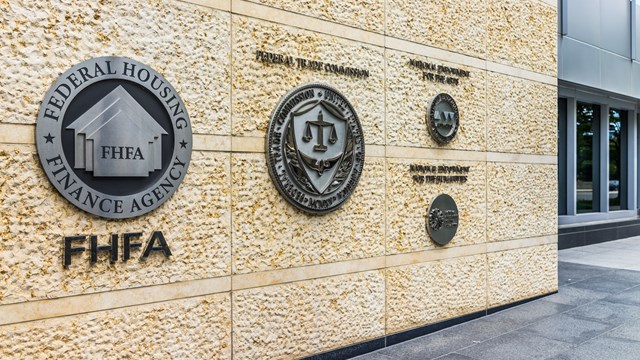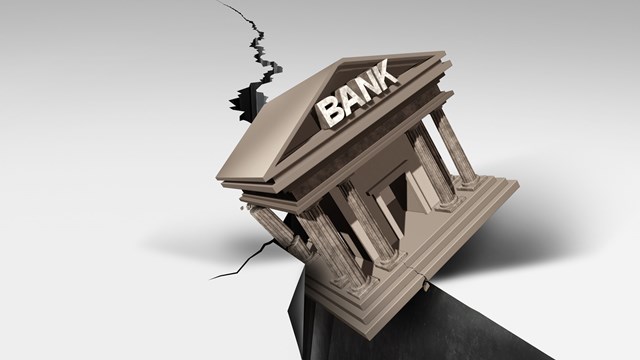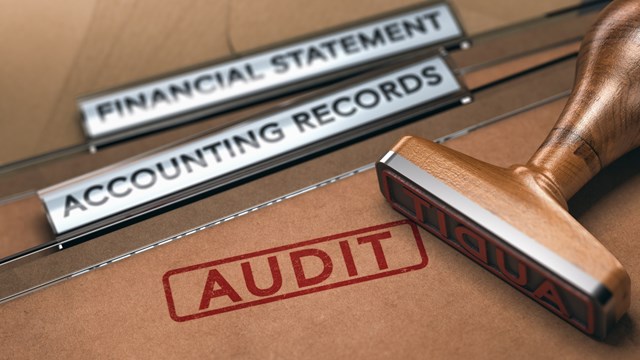Every so often a scenario comes along in the otherwise fairly predictable world of New York co-ops that has the potential to upend long-standing norms. That may be the case for Carnegie House, a ground lease co-op at the corner of West 57th Street and Sixth Avenue in midtown Manhattan.
What’s a Ground Lease?
Good question - and the answer is key to understanding the story of Carnegie House. Real property is composed of two elements: a building, and the land upon which it sits. (This is admittedly an oversimplification, but sufficient for our purposes in this context.)
Though they are treated as one entity for purposes of ownership and financing, real estate law recognizes those two elements as potentially divisible and separate from each other. The land is called a leased fee, and the property that sits upon it and is leased to another party is called the leasehold. While this arrangement is not common, both estates have rights. The owner of the land can finance the land, and the lessee can finance the improvements separately. They can also sell their interest to a third party subject to the terms of the existing lease. That’s how Carnegie House was born.
A Little History
Carnegie House was built in 1962 and converted to a co-op in 1978 - but unlike most co-op properties, the conversion did not include the land under the building. The co-op was provided - and shareholders agreed to - a long-term lease for the land. Most ground leases of this type run from 50 to 100 years, with the rent resetting at intervals. Carnegie House’s current lease has 51 years to go, and resets in 2025. Until recently, due to the relatively modest ground rent on the property, the ground lease arrangement wasn’t particularly problematic for owners or buyers. But then the lease was sold (yes, you can do that!) and the new rent, set to kick in next year, will increase shareholder maintenance by some 600%. As one might imagine, that’s a problem.
The result of this debacle was, of course, a lawsuit. The co-op shareholders sued the board for disregard of fiduciary responsibility in not preparing more successfully for the coming ground lease reset. Recently, they lost. The court found that the board had in fact carried out their fiduciary responsibility, despite the fact that things didn’t work out well for the co-op. The only rescue on the horizon is a bill slowly making its way through the New York State legislature which may or may not pass and get signed into law. (More on that later.)
The Sad Truth
While the residents of Carnegie House co-op wait and hope for the legislative process to grind its way to a more favorable conclusion, the bigger question is how other ground lease co-ops (and there are more than a few in the city) should react to avoid similar circumstances. Brett M. Stack, an associate with NYC-based law firm Moritt Hock & Hamroff, has followed this case closely. He strongly suggests that owners in similar circumstances “pay attention - and have a plan.”
Stack explains that the decision in the Carnegie House case was handed down in March 2023. The suit against the board was predicated on the view that the board had failed to uphold their fiduciary responsibility under the business judgment rule, the guiding legal principle underpinning board member decisions. He points out that the suit was not specifically about the dollar increase in ground rent, but rather whether the board did everything they should have done to mitigate the looming financial disaster. The court determined they did. They brought in outside experts to evaluate and dispute the rent increase in the lease, and they assembled a team to attempt renegotiations with the leaseholders.
“They had a plan, but it would cost shareholders a lot of money,” says Stack. “The problem was the shareholders didn’t like the deal, so the board was stuck. Then the shareholders realized they were on the Titanic. They went with an option to go to court and cry fraud and breach of fiduciary duty.” But the court determined that didn’t happen. Stack also points out that courts don’t like to mess with the business judgment rule, generally deferring to boards’ decisions regardless of outcome, as long as those decisions are made in good faith.
Potential Legislation
Perhaps partially as a result of this case, New York State’s legislature has a bill in process that would cap ground rent increases on leaseholds, which would help Carnegie House and other ground lease co-ops if it passes. “It would change the landscape,” says Stack, “it would be seismic.” It remains to be seen if the bill will pass, be signed by the governor, and become law. It also remains to be seen if the law would stand up to a constitutional challenge.
In the end, what happened at Carnegie House was an unfortunate confluence of factors. No one could have projected at the time of the conversion in 1978 that values in this neighborhood would necessarily reach the levels they have. Nor is there any guarantee that they will stay there indefinitely. Alternatively, the shareholders have enjoyed decades of benefits from their previously undervalued lease. Shareholders in ground lease co-ops should be vigilant about their future. Kicking the can down the road is not a strategy for survival. Review your ground lease and prepare for the future, which might involve a buyout of that lease now.










Leave a Comment